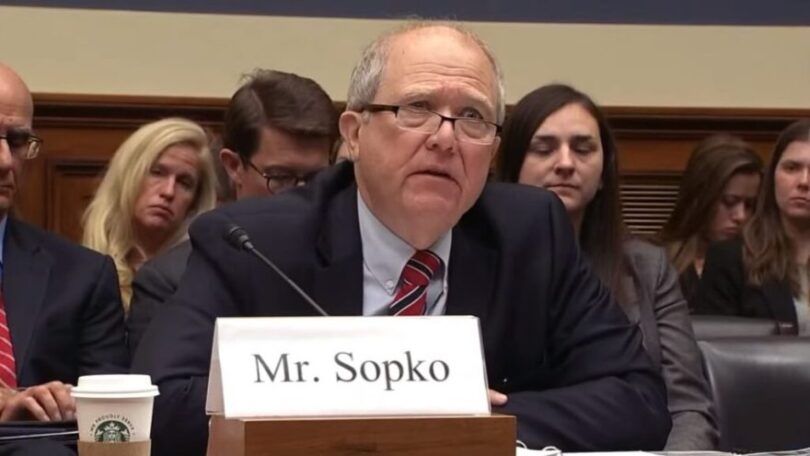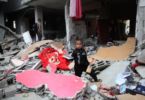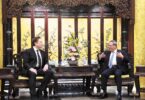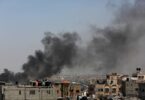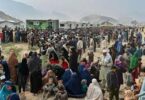The US Inspector General for the Reconstruction of Afghanistan (SIGAR) John Spoko has recently accused the Islamic Emirate of diverting or otherwise benefitting from a considerable amount of US assistance meant for the Afghan public that is currently embattled with acute economic challenges, unemployment, freezing winter and famine.
During a Congressional hearing before the House Committee on Foreign Affairs, Spoko shared how US funds have been provided to or diverted by the Islamic Emirate of Afghanistan (IEA) since the collapse of the former government in August 2021. According to him, the SIGAR has found that Taliban (IEA) officials routinely pressure US partners to hire Taliban allies, insist that US partners contract with Taliban-affiliated companies, dictate which Afghans should receive US aid, demand payoffs from US partners before a project can begin, divert US food aid to Taliban soldiers, and tax recipients of aid once it is delivered. As said, this interference in and diversion of US assistance is worrying and presents multiple risks.
The accusations of the US Inspector General against the Taliban are not new but the repetition of the same allegations previously labelled by the US authorities against the Karzai government and the Ghani regime are now being levelled against the Islamic Emirate, is surely uncommon and damaging. The Taliban movement that came into existence in the mid-90s on purely reformation purposes to end social injustices, eradicate violence and warlordism and visualize peace and prosperity in the war-torn nation is now practising all those measures against which it stood resolute, took arms and fought war for several years until it grasped power for the second time in that country.
Historically, diversion and interference are common among other autocratic regimes and in the warzones that the US government has often sought to bypass to get aid directly to vulnerable populations. Nevertheless, the diversion of humanitarian assistance by the Taliban (IEA) is more concerning for US strategists because of the worsening humanitarian crisis and the Taliban’s alleged linkages with terrorist groups. Although such allegations had been customary for the previous autocratic regimes in the past, as a majority of the past leaders were directly involved in corruption, drug cultivation and smuggling.
The Islamic Emirate is very strict in governance and deals such cases with stern punishment and harsh measures which significantly improved the law and order situation and reduced the corruption index in the country. Interestingly, the US has delivered its message to Afghan interim rulers, however, their actions would determine the truthfulness of their allegations or otherwise. Hopefully, the Emirate would not sacrifice its years-long legacy for a trivial monetary benefit or insignificant tax on charitable items, that too come from abroad for public use.

